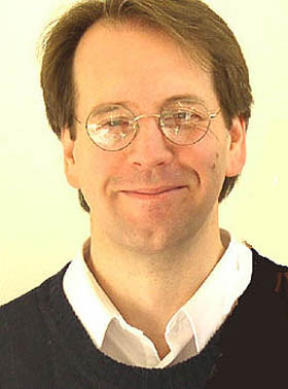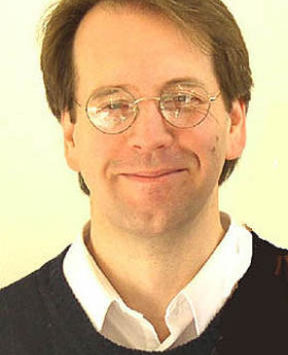The search engine market is very hot with a growing renewed interest in search engine marketing (SEM) and the growth of search engine optimization SEO) companies. The legitimacy of search engine marketing has arrived.
This weeks 2003 Search Engine Strategies industry event in San Jose, Calif. has proved the booming growth of this industry. This years jam-packed event has generated an estimated 2,500 attendees, with standing room only sessions on topics like sponsored links, linking strategies and buying keyword ads. Sponsors include Google, Yahoo, Lycos, Looksmart and Ask Jeeves. The hoopla reminded me of the wild and lavish events of the dot-com boom times.
Google hosted a big party called the Google Dance for all event participants in a grassy area under tents next to their new corporate offices recently leased from the relocated Silicon Graphics (SGI) campus. The event offered loud rap music, a Google technology demonstration tent and a Segway Transporter giveaway.
The major trends that were highlighted at the event were industry consolidation with the Yahoo purchase of Overture, Microsofts rapid coming entry of its own search technology, the fast growth of paid inclusion, sponsored links, paid placement, free organic listing optimization and now the hot contextual advertising trend – which many at the event debated if it should even be discussed as may not really be true search marketing.
This search event is hosted each year by Danny Sullivan, editor of SearchEngineWatch.com. Sullivan, an search industry spokesperson and a generally beloved leader of the industry, moderated panels and keynoted the events opening day session.
Sullivan stated many times during the event that he does see free search results listings disappearing and that search engines need to keep looking at new ways to help searchers find more user-defined results by possibly offering categories of search areas right up front and offering assistance tools to more easily refine searches globally and locally.
Sullivans ideas almost sound like a return of Yahoos directory, but with the new twist of having those results based on crawling and indexing high quality pay-for-placement sites that compete with each other based on relevance and ad budget.
At this event it was clear that search engine marketing is evolving from its geeky computer nerd past into an industry full of offline advertising agency clients and online marketing agency hybrids. Madison Avenue is coming to search engine marketing. The days of the non-commercialized Web is disappearing and a new Web is being born.
Big companies were represented at the event with a large group of Microsoft MSN folks in attendance, as they are learning as much as they can about the search space. MSN is developing their own search technology solutions that could launch a new era in the search space.
The major debate at the event raged around the areas of free natural or – as the industry calls it – organic search results versus paid inclusion and sponsored links. The issue centered on which will win and whether all results will wind up being paid.
The search engines seem to have a disincentive to continue pushing free unpaid organic search results. The reason is that it costs the search engines quite a bit of money to operate free listing search results without any revenue for the page real estate and bandwidth. They mainly see commercial Websites getting free advertising in these free search results.
Another example is many companies are spending large budgets at the beginning of a search engine marketing campaign and then, after the site has attained strong organic or free search listings, they then lower their site search spending on paid listings.
Results relevance is one of the other justifications. It seems most of the search engines think that if they can offer the same type of results relevance with paid listings as organic search, then they will feel it may be okay to drop free listings and convert to all paid inclusion results.
We must accept this new Web and its lost non-commercial purity. The Web is reaching the promise the dot-com boom failed to produce. Web commerce has been figured out to a level that large companies and marketing experts are really able to monopolize search on the Web.
It is sad to see the Internets age of innocence disappearing, but it is exiting as the Web is reaching its full potential.
For more information about the Search Engine Strategies conference and expo, visit: www.searchenginestrategies.com.
Rob Greenlee is host of the WebTalkGuys Radio Show, a Tacoma-based radio and Webcast show featuring technology news and interviews. He is the husband of Dana Greenlee, who usually writes this column every Friday for the Index.







